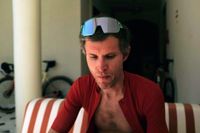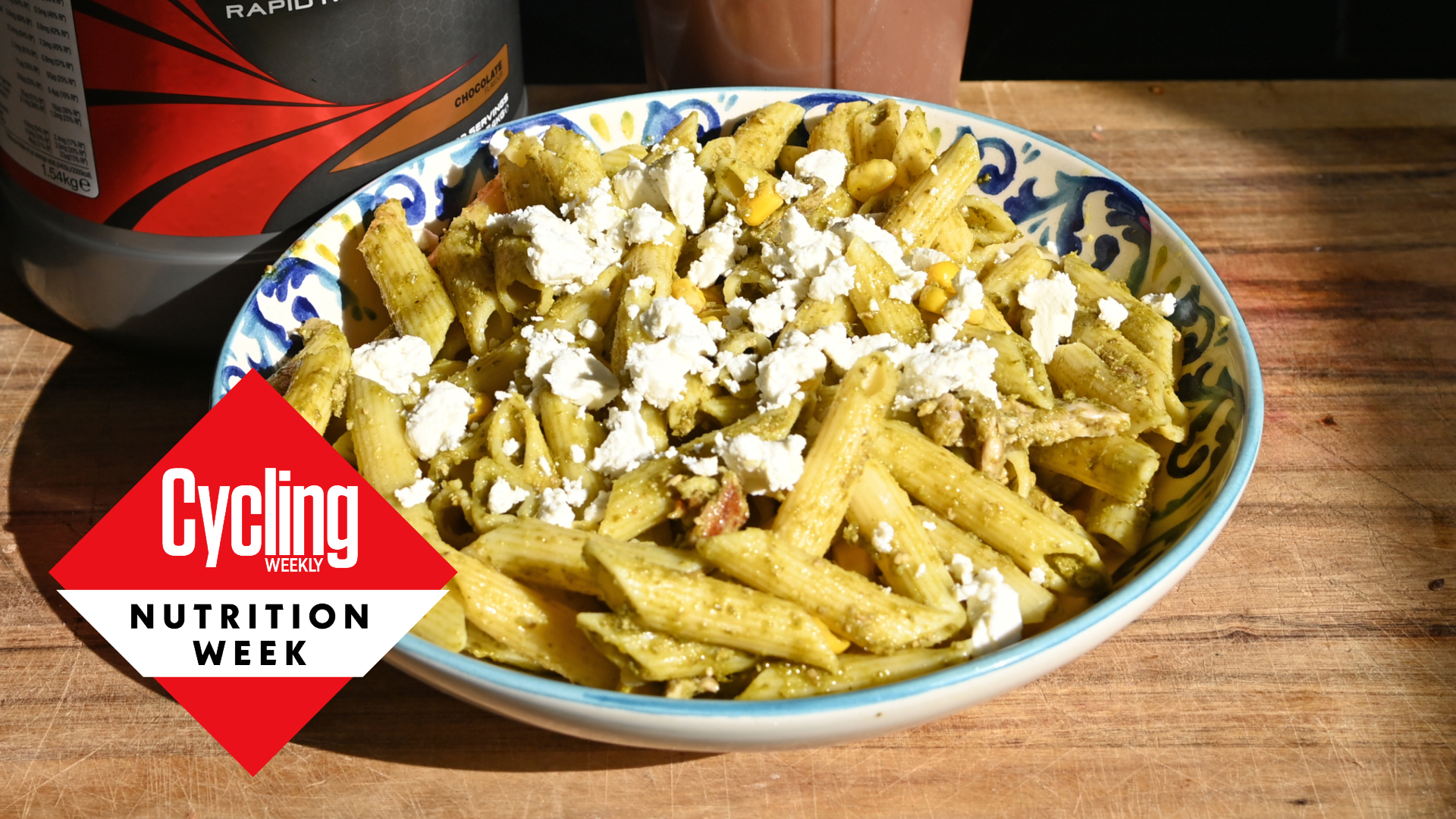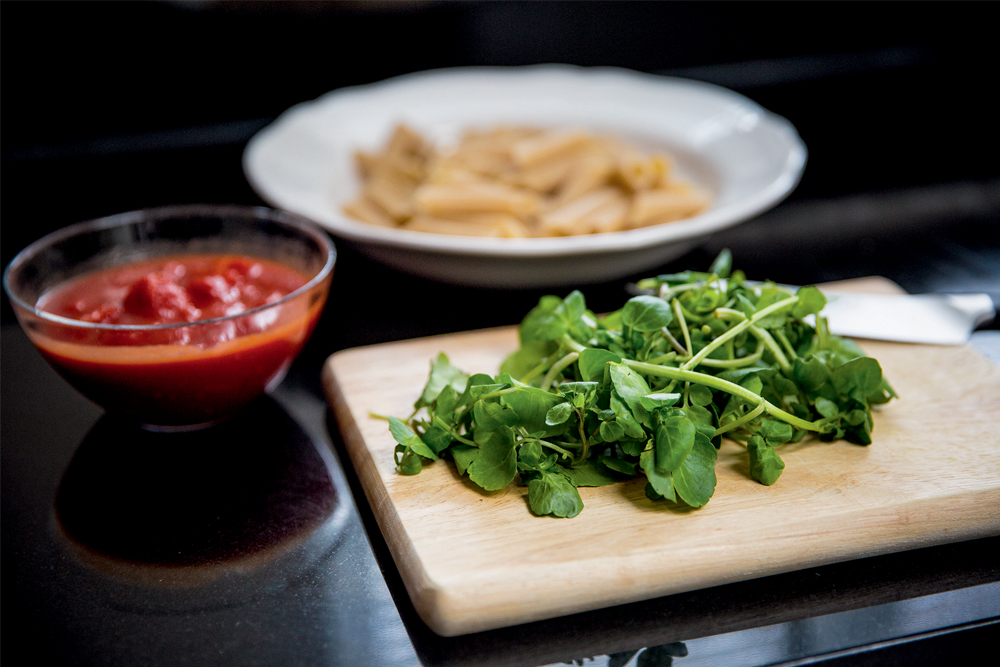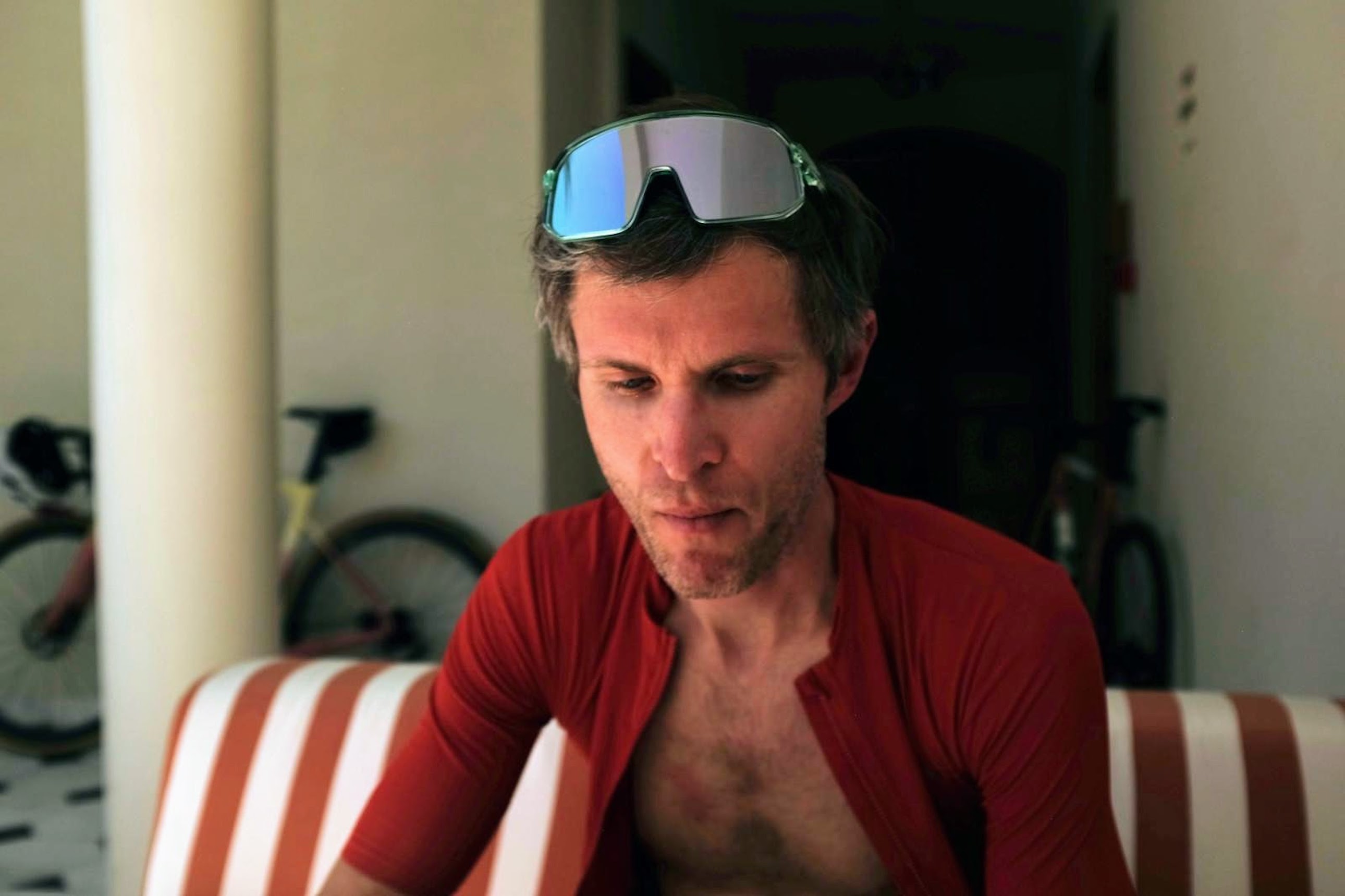Do cyclists really need to carb-load before a big ride?
We take a look at what the benefits of carb-loading really are - and how to do it right


The latest race content, interviews, features, reviews and expert buying guides, direct to your inbox!
You are now subscribed
Your newsletter sign-up was successful
One thing is certain, carbohydrates are the unchallenged king of fuels for hard, prolonged efforts. If you want to achieve your full potential, you need to be fully fuelled when you reach the start line - and that requires effective carb-loading.
The key point to bear in mind is that the body is able to store only enough glycogen (carbohydrate in its stored form) for around 90 minutes of hard cycling (above 60 per cent of your aerobic max) - or around two hours for lean, light, super-efficient elite athletes. If your target is a sportive that will take several hours to complete, you’ll almost certainly benefit from making sure your carb stores are filled to the max before you take to the start line.
This isn’t, alas, a green light to panic-buy doughnuts or time trial to the chip shop. Essentially, carb-loading means eating healthily and sensibly, but with a higher proportion of carbs than usual. Frenzied, uncalculated binging on high-sugar foods will not reap the results you wish for.
How to carb-load intelligently and effectively for your cycling event
In the early days of carb-loading, it was believed that an initial depletion phase was required - a few days of minimal carb intake (and, unavoidably, low energy) - followed consuming plentiful carbs in the couple of days before the target event. More recent research has shown that there is no need to put yourself through such an austere or lengthy rigmarole.

“We now know that, with a normal training taper and increased carb intake to around 10g/kg/day, an athlete is able to carb-load in as little as 36-48 hours pre-race,” explains Trent Stellingwerff, a physiologist at the Canadian Sport Institute.
Ten grams of carbs per kilogram of body weight may seem like a gut-busting amount, but as Stellingwerff points out, “Many elite athletes routinely consume 8g/kg/day, so the increase is not dramatic.”
Bear in mind, some of these additional carbs can be consumed in liquid form - fruit juices, smoothies, sweetened tea, etc; there’s no need to chomp through bowl after bowl of porridge, rice and pasta. Following this carb-rich diet for two to three days prior to the event should not leave you feeling bloated or uncomfortable - but it’s worth experimenting with different high-carb foods to find out which work best for you.
The latest race content, interviews, features, reviews and expert buying guides, direct to your inbox!
What does this level of carb consumption look like in terms of actual food and drink during the ‘load’? A 70kg cyclist would require 600-700g carbs each day, and a sample day’s diet could look like this:
- Breakfast: A large bowl of porridge (60g carbs), large banana (25g), and glass of orange juice (25g)
- Mid-morning snack: Two teacakes with jam (45g) and a sports drink (40g)
- Lunch: Two sandwiches (four slices of bread) with filling of your choice (50g), frosted cinnamon bun (35g), can of lemonade (25g)
- Afternoon snack: Banana smoothie (20g) and a cereal bar (30g) as an afternoon snack
- Dinner: A large bowl of pasta with sauce (80g), three slices of garlic bread (50g) with two glasses of cordial (35g)
- Evening snack: Two English muffins, toasted, with jam (70g), and a 500ml sports drink (40g)
- Total: 630g (equivalent to 9g/kg/day).
You might think you eat plenty of carbs in your normal diet, so what’s the point? How great are the performance gains you stand to make from effective carb-loading?
“A thorough review conducted in 1997 found that carb-loading does not aid performance in short events, but over prolonged efforts of at least 75 minutes performance may be improved by two to three per cent,” says Stellingwerff.
That’s equivalent to gaining around one to two minutes for every hour of effort - potentially very significant over the course of an entire sportive.
Carb-loading for general training rides and shorter races is worse than pointless, cautions Stellingwerff. “For every gram of carbohydrate stored in the body, three grams of water are stored with it, so unless the race intensity and distance genuinely require the extra fuel from carb-loading, it’ll result in you carrying a surplus, acting like ballast, only slowing you down.”
Routinely eating a very high-carb diet would likely lead to overconsumption of calories, leading to weight gain and possibly even poor insulin sensitivity. It is now believed advisable to periodise your carb intake, doing some rides in a carb-depleted state. This has been shown to increase the density of energy-creating mitochondria, thereby increasing fuel-burning efficiency - and ultimately racing performance. Carb-loading is best reserved for long, hard events, where it will pay dividends.
Do cyclists really need to carb-load before a big ride?

We spoke to Dr Nick Tiller who is a cyclist, runner and lecturer in Sports Science (Applied Physiology) at Sheffield Hallam University.
Do you need to carb-load before a long ride or sportive?
It really depends on for how long you’re going to be cycling and at what intensity. If you’re working relatively hard, it’s feasible that you could deplete your carb stores within two to three hours, after which your session could become rather difficult as your body struggles to maintain blood sugar levels. In general, for informal rides, carb-loading shouldn’t be necessary, particularly if you take some calories along for when you tire.
What are the commonest carb-loading mistakes and misconceptions to avoid?
A common mistake is to load purely with starchy wholefoods and roughage to which your body may not be well adjusted, which can cause stomach upset. To avoid this, be sure to get a mixture of carbs from a variety of sources. Another mistake is eating more than you need, leading to your arriving at the race feeling bloated and heavy. It’s often enough to simply reduce your training load for several days and eat a little more carbohydrate than usual.
What are the likely performance gains from carb-loading?
The premise behind carb-loading is to maximise the stored carbohydrate (glycogen) in your muscle and liver before the race, since these stores will steadily deplete with continued exercise. It’s analogous to beginning a long drive with a full petrol tank - you’ll get further on a full tank before running out of fuel. The strategy is only likely to be beneficial if your event lasts for more than two hours, because we have sufficient storage capacity to fuel us for this much ‘work’. With fully stocked carb stores, you’ll likely get further into your ride before feeling tired and lethargic (or bonking).
Should you carb-load even if your long-term goal is fat/weight loss?
I would only recommend carb-loading for long-duration races, particularly those in which you want a fast time because your higher work rate will deplete your stores that much faster. For training purposes, your dietary carbohydrate consumption should be carefully moderated, as this has been shown to maximise the endurance adaptation.
Is it OK to carb-load with sugary as well as starchy, slow-release carbs?
When there’s a fast increase in blood sugar from the ingestion of simple carbs like sweets, cakes, white bread and energy drinks, your body will stabilise blood sugar by converting it to fat or even eliminating it in urine. Generally, your body is more likely to store (retain) slow-release carbs because eating them results in less of a sugar spike. However, eating too much roughage can cause stomach upset, so try and get a range of carbs from a variety of different sources.

David Bradford is senior editor of Cycling Weekly's print edition, and has been writing and editing professionally for 20 years. His work has appeared in national newspapers and magazines including the Independent, the Guardian, the Times, the Irish Times, Vice.com and Runner’s World. Alongside his love of cycling, David is a long-distance runner with a marathon personal best of 2hr 28min. Diagnosed with retinitis pigmentosa (RP) in 2006, he also writes personal essays exploring sight loss, place, nature and social history. His essay 'Undertow' was published in the anthology Going to Ground (Little Toller, 2024). Follow on Bluesky: dbfreelance.co.uk